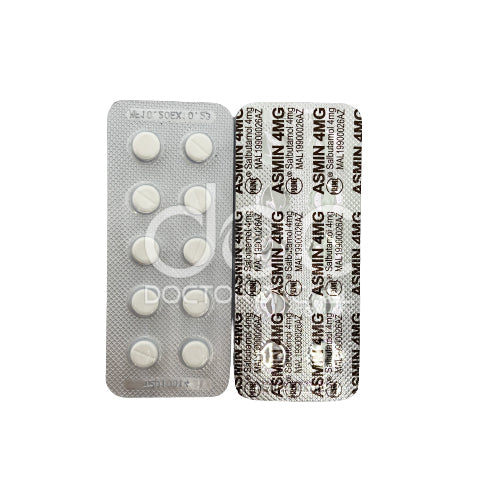mikail
6 years
My child is an asthma patient
My child is an asthma patient. Recently she is quite active at school since sports day is coming. At night, her condition worsen. she wheezes more. Is it safe for her to continue exercising? or should i go to the doctor and ask him to increase her medication?
6 years
Hi there! Thank you for your question. Almost every child with asthma can benefit from sports and physical activity. Also, asthma should not prevent young athletes from enjoying a full athletic career. Most kids and teens with asthma have symptoms when they exercise. Inhaling cold, dry air during exercise is thought to be the main cause of this. When kids exercise or play hard, they tend to breathe quickly, shallowly, and through the mouth.
This causes the air reaching their lungs miss the warming and humidifying effects when they breathe through the nose. The cool, dry air makes the airways in the lungs narrower (bronchoconstriction), which blocks the flow of air and makes it harder to breathe. Kids with asthma should exercise regularly as much as they can because it can actually help to reduce asthma symptoms.
Doctors sometimes recommend pretreatment. This means taking medicine before exercising or being very active. The medicine often is the same quick-relief medicine (also called rescue or fast-acting medicine) used during flare-ups. Taking it before exercise can help prevent the airway narrowing triggered by exercise. If pretreatment doesn't control symptoms, the doctor may recommend using long-term control medicine (maintenance medicine).
This asthma medicine is usually taken regularly over time to reduce airway inflammation. If your child still has breathing trouble during exercise, see your doctor. The medicine dosages may need to be adjusted for better control.
Here are some precautions you can take from home :
• If symptoms start, don't exercise until they stop.
• Warm up before exercise to prevent and attack chest tightening.
• Take quick-relief medicine as close to the start of exercise as possible.
• Breathe through the nose during exercise.
• Take brief rests during exercise and use quick-relief medicine, as prescribed, if symptoms start.
• Cool down after exercise to help slow the change of air temperature in the lungs.
• It's also best not to exercise outside during very cold weather (early morning/after rain).
Please click on this link (DoctorOnCall) to talk to us privately online and discuss further about your inquiries. Thank you.






























